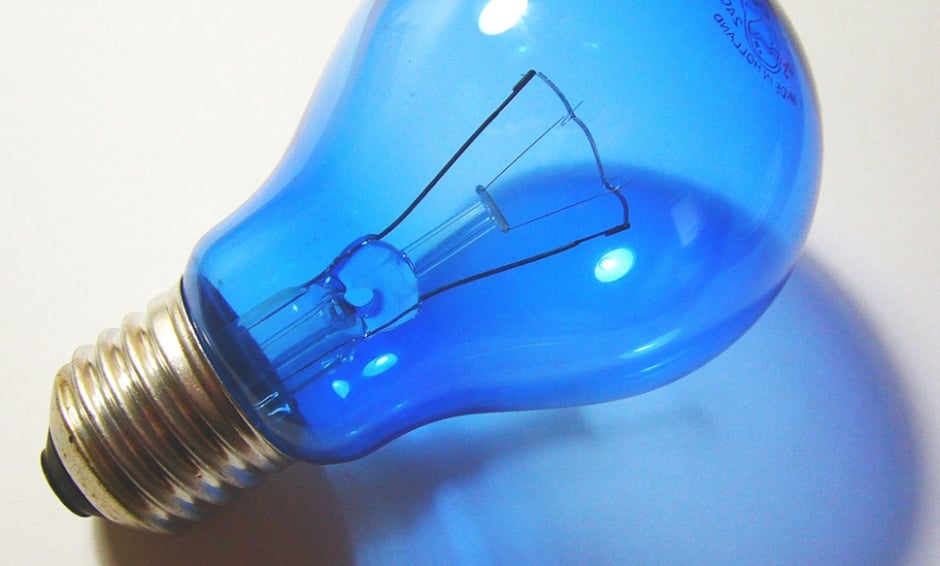ARTIFICIAL KIDNEY production is well under way; the artificial organ will be able to replicate normal kidney function and thus eliminate the need for dialysis. A team of researchers from the University of California, San Francisco, California, USA, are pioneering the transition of the theory of artificial kidneys into clinical practice, with surgically implanted replicas to perform the filtration and balancing functions of the authentic organ.
Currently, transplants have a high success rate in patients with end-stage renal disease, with 93% of kidneys still functioning 1 year after transplantation and 83% 3 years after. However, there is a significant shortage of donor kidneys; it is not unusual for an individual to have to wait 5–10 years for a kidney. These patients on the waiting list will have to undergo dialysis.
Dialysis increases life expectancy by 5–10 years and in some individuals decades. However, it must be performed either daily at home or three times a week in a clinic. “The implantable bioartificial kidney is an alternative to dialysis and other externally wearable devices that would tether patients or limit their mobility”, said Prof Shuvo Roy, School of Pharmacy, Department of Bioengineering and Therapeutic Sciences, University of California, the co-inventor of the device.
The mass-producible, robust two-part implanted device is powered by the body’s blood pressure, eliminating the need for external tubes. It is built from stacks of precisely designed silicon nanopore filters in combination with a molecular coating that makes it blood-compatible.
“A haemofilter module processes incoming blood to create a watery ultrafiltrate that contains dissolved toxins as well as sugars and salts,” explained Prof Roy. “Second, a bioreactor of kidney cells processes the ultrafiltrate and sends the sugars and salts back into the blood. In the process, water is also reabsorbed back into the body, concentrating the ultrafiltrate into urine, which will be directed to the bladder for excretion.”
Alternative solutions to current treatments are crucial, with poor quality of life and premature mortality associated with kidney disease not treated by transplantation. Human trials for the artificial device are expected to commence next year, with one of the longer-term targets being ensuring the device continues to operate effectively several months post-implantation.
(Image: freeimages.com)








